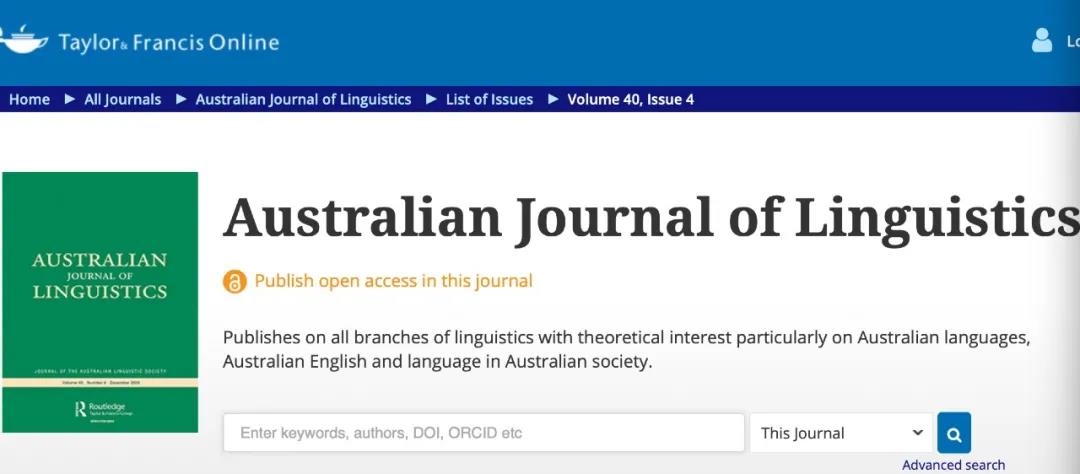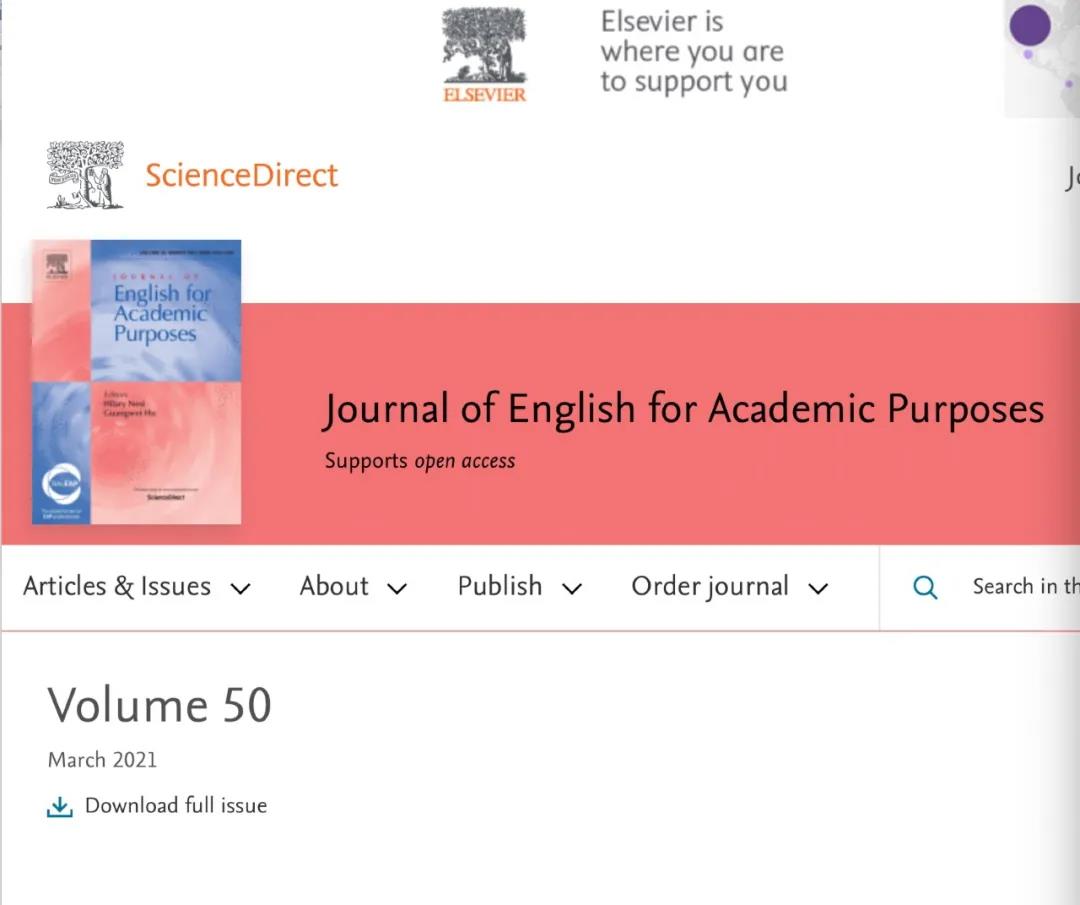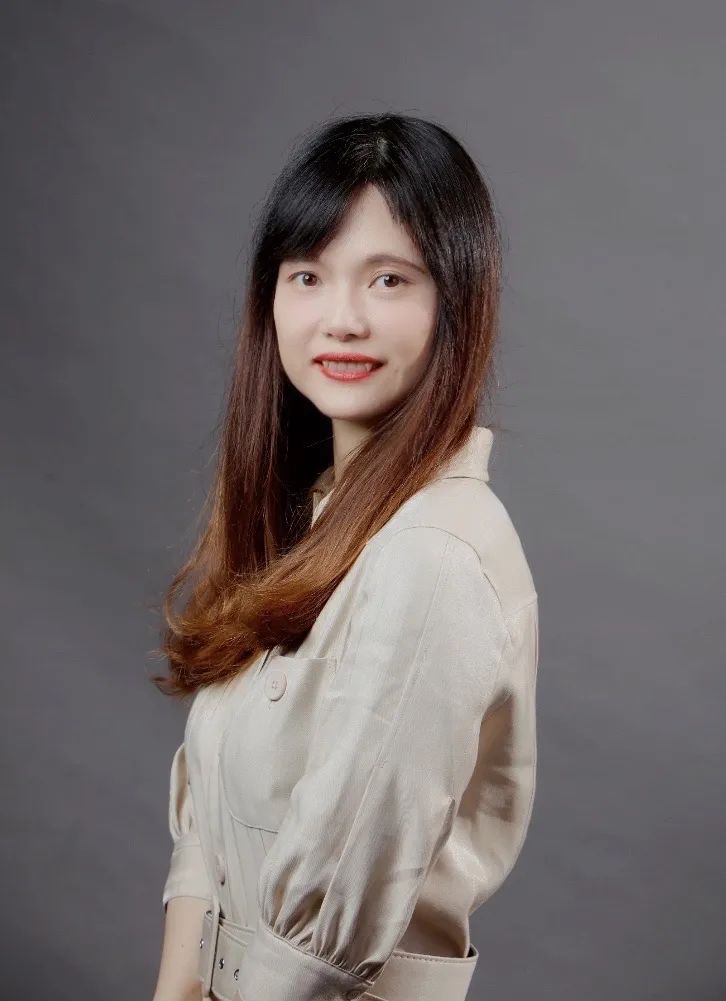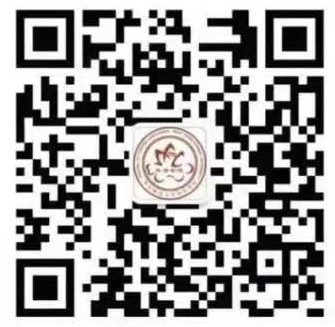新型学术语篇体裁 (new academic genre)已成为研究者进行学术交流、讨论和评价的重要媒介之一,同时也成为研究者向普通大众传播科学研究成果的重要渠道。由于交际目的、传播方式、受众及语篇篇幅的改变,新型学术语篇需要借助特定的人际互动语言资源及修辞策略,对晦涩难懂的观点和理论进行立体化诠释,激发读者/听众的兴趣,帮助其接受、理解专业科学知识。与传统学术语篇相比,新型学术语篇的读者/听众群体更具广泛性、多样性和不可预测性,研究者需以受众为导向,与不同背景的读者/听众建立翕然一致的互动关系,从而适应新的语境并更好地实现交际目的。本研究聚焦两类典型的新型学术语篇体裁:学术博客和三分钟学术演讲,深入探究研究者如何利用立场表达(stance)及读者介入(engagement)元话语资源,表达命题信息和个人立场,引导读者/听众参与论证,对论断产生共鸣。本研究同时揭示了新型学术语篇互动的体裁差异性和学科实践对研究者互动元话语资源选择的影响。
相关系列论文信息如下:
论文1
[1] Zou, H., & Hyland, K. (2021). A tale of two genres: Engaging audiences in academic blogs and three-minute thesis presentations. Australian Journal of Linguistics, 41.
该论文已被国际应用语言学权威期刊Australian Journal of Linguistics (SSCI收录)录用,将于2021年第41期刊出。
简介
This paper reports a cross-genre study of how academics engage their audiences in two popular but underexplored academic genres: academic blogs and Three Minute Thesis (3MT) presentations. Based on a corpus of 65 academic blog posts and 65 3MT presentations from social sciences, we examine how academics establish interpersonal rapport with nonspecialist audiences with the aid of engagement resources. The analysis identified new ways of informing and persuading a more diverse audience of their research in both genres. Further analyses revealed more engagement features overall deployed in 3MT presentations, especially those seeking to bring audiences into the discussion by mentioning them explicitly, directing them to think in certain ways, and addressing them with questions. Academic bloggers, in contrast, emphasised shared knowledge and offered more parenthetical commentary. The variations are explained in terms of mode and context especially the time constrained and face-to-face competitive context of the spoken genre. The findings have important implications for academics to address their audiences in taking their research beyond specialist insiders, and shed light on how engagement works in very different academic contexts with different mode.
主要研究发现
The results indicate that 3MT presenters used more engagement resources overall and especially those features which sought to bring audiences into the discussion by mentioning them explicitly, which directed them to think in certain ways, and which addressed them with questions.
Academic bloggers, on the other hand, emphasised shared knowledge more frequently and offered more parenthetical commentary.
Mode and context help account for these differences. As a spoken genre delivered in a time-constrained, face-to-face competitive context, 3MT talks encourage a more urgently persuasive and intimate style of argument, drawing on conversational as well as academic registers. Speakers must quickly hook their hearers and then keep them involved throughout. Bloggers are similarly trying to promote shared interpretations and persuade readers that their interpretations are valid, but they are able to take their time to spell out their arguments. They are, moreover, conscious that they are working in a potentially hostile medium where a false step can have serious face threatening consequences.
期刊封面

论文2
[2] Hyland, K., & Zou. H. (2021). “I believe the findings are intriguing”: stance in Three-Minute Theses. Journal of English for Academic Purposes, 50, 100973. (SSCI)
简介
Stance, the extent writers intervene in a text to convey their personal attitudes and assessments, has long been a topic of interest to researchers of academic communication. Less studied, however, is how stance functions in spoken discourse. This would seem to be a particularly important issue in the Three Minute Thesis presentation (3MT), a relatively new genre which captures the competitive and high pressure atmosphere of the modern academy. In these competitions doctoral students present their research using only one static slide in just 180s to a panel of judges and non-specialist audience. Using Hyland’s (2005a) model, we explore speakers’ interactional and evaluative positions in a corpus of 140 3MT presentations from the physical and social sciences. Our findings show that this monologic genre is heavily stance laden and that speakers from the hard and social sciences adopt different stance positions. Hard science students take a stance by casting doubt or asserting certainty in the reliability of information while social scientists claim an authorial self through a more visible personal presence and explicit affective commentary. Our findings have important implications for understanding academic speech genres and for EAP teachers preparing students to orally present their research.
期刊封面

论文3
[3] Zou. H. (2021). Review of Engagement in Professional Genres (Carmen Sancho Guinda, 2019). English for Specific Purposes, 61, 60-62. (SSCI)
书评:Engagement in Professional Genres (Carmen Sancho Guinda, 2019)
简介
Like all texts, academic discourses are structured to evoke affinity and engagement (Hyland, 2004; Swales, 2004). Engagement is the writer’s ability to build a relationship with audiences, construing and positioning them. This interactive aspect of scholarly communication plays a key role in the construction of discourse and knowledge, and thus has become a fundamental issue in academic discourse analysis. This very timely book brings together strands of research concerning engagement in a wide range of under-explored professional genres. Holding true to the title of the book, the rich collection of 18 chapters are insightful and enjoyable to read, and contributes to a vibrant picture of how academics construct strategies of stance-taking and the ways they engage readers across specific professional communities of practice, both monomodally and multimodally. So then, the book will hopefully inspire current and aspiring ESP practitioners in different workplace environments to reflect on academic interactions in professional contexts.
期刊封面

作者简介
邹航,外国语言学及应用语言学博士,华东师范大学晨晖学者,外语学院英语系讲师,在职博士后研究员。主要研究方向:学术语篇分析、系统功能语言学。近年来发表SSCI/CSSCI收录学术论文11篇,其中以第一作者在国际应用语言学权威期刊Journal of English for Academic Purposes, English for Specific Purposes, Discourse Analysis等上发表学术论文5篇,待刊出1篇;以第一作者在外语类CSSCI期刊上发表学术论文2篇。曾获全国商业科技进步奖二等奖1项(排名第三),主持中国博士后基金面上项目1项,授权中国发明专利1项(排名第一),获2021年第十二届“外教社杯”全国高校外语教学大赛(英语专业组)上海赛区二等奖。





